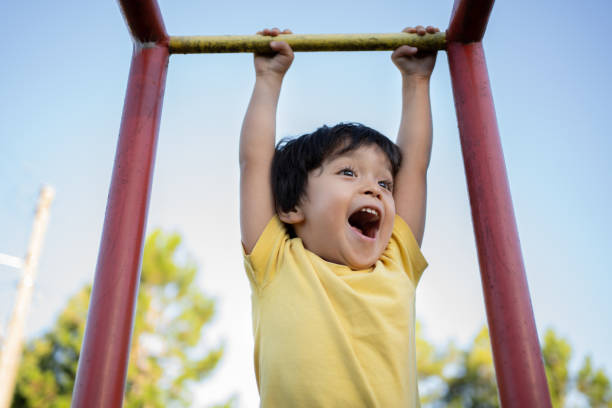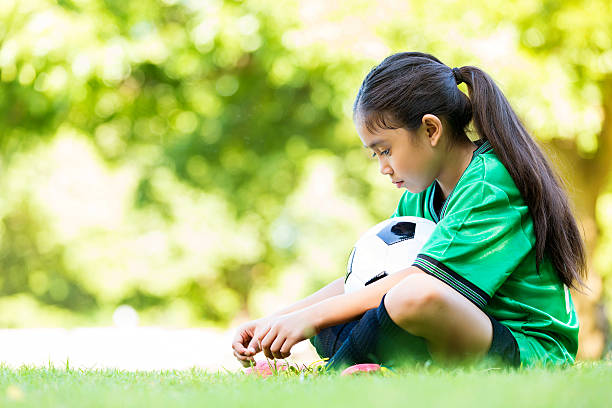Exercise relieves depression and anxiety in children: this is what experts recommend

More than three-quarters of children and adolescents suffer from depression or anxiety , leaving parents desperately searching for effective solutions. New research from the University of South Australia shows that something as simple as regular exercise could be a powerful intervention to support young people's mental health .
In a large meta-analysis of 375 clinical trials involving more than 38,000 young people, UniSA researchers found that when children participated in structured exercise programs, their symptoms of depression and anxiety improved.
Specifically, the study found that anxiety improved most with low-intensity, resistance exercises, such as light weights or gentle circuit activities.
On the other hand, depression improved more with moderate-intensity, mixed-modality, and resistance training , including circuits that combine aerobic and strength programs, especially in programs lasting less than three months.
Quick profits The greatest improvements in depression symptoms occurred in programs lasting less than 12 weeks, suggesting that benefits may appear relatively quickly, especially in children 12 years and older.
No significant differences were observed between the frequency of weekly exercise sessions. Children with depression and ADHD also showed the greatest improvements from exercise.

Depression improved more with moderate-intensity training. Photo: iStock
Lead researcher Dr Ben Singh of UniSA says the findings offer parents a low-cost, non-invasive solution to combating poor mental health in children .
"Depression and anxiety are some of the mental health issues that most affect children and adolescents around the world," says Ben Singh.
"Evidence-based treatment guidelines typically recommend cognitive behavioral therapy and antidepressants as first-line interventions; however, between 40 and 60 percent of children either do not receive treatment or do not receive sufficient benefit, so we clearly need alternatives," the researcher notes.
Furthermore, he asserts that exercise is a low-cost and highly accessible strategy that could make a real difference to children's mental health. However, while people know that exercise is generally good for health and well-being, the expert points out that there is little evidence to show how exercise works for children or what types of exercise might work better than others .
"Our study brings together global evidence showing that gentle, low-intensity exercise is highly effective at reducing anxiety in children and adolescents, while medium-intensity programs that combine resistance and aerobic training—such as weight training circuits—can counteract depression," Singh says.
Dr. Singh also highlights that this study demonstrates how exercise is an effective, accessible, lifestyle-based intervention that can immediately improve children's mental health problems without first resorting to medication.
For her part, Professor Carol Maher, principal investigator at UniSA, says the results reiterate the importance of exercise for mental health.
" Exercise should be an essential part of mental health care for children and adolescents, whether in school, the community, or clinical settings," says Professor Maher.

Short programs that include a combination of activities appear promising. Photo: iStock
For Maher, short, structured programs that include strength training or a combination of activities seem especially promising, but simply exercising, even for short periods of time, will provide benefits.
Experts also explain that there's no need to spend money on a gym or training program, as recreational activities, games, and sports are valuable forms of movement that can contribute to mental well-being.
"The key message is simple: get active and stay active. Even short periods of movement can make a real difference to the mental health and well-being of children , especially those who are struggling," the researchers note.
See also 
Orthodontic recommendations for children. Photo:
eltiempo





